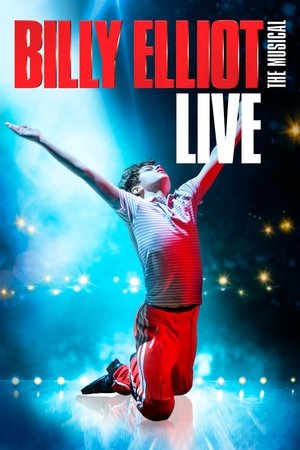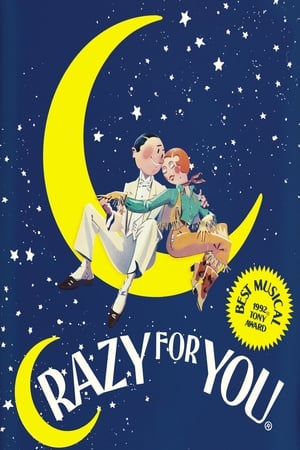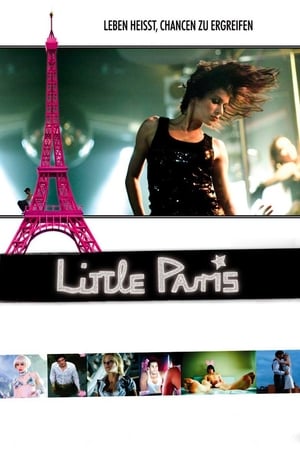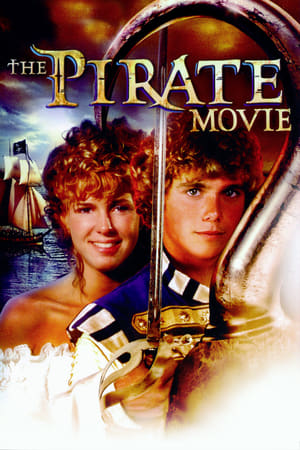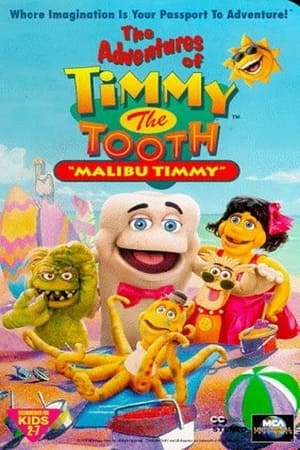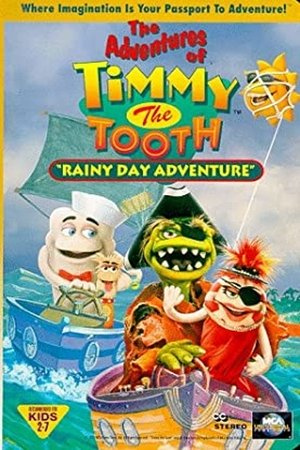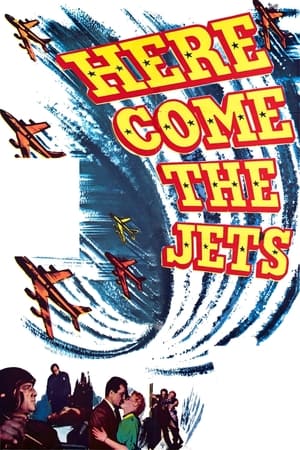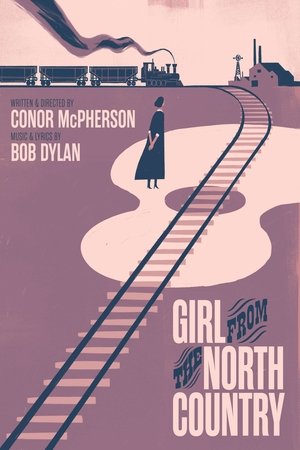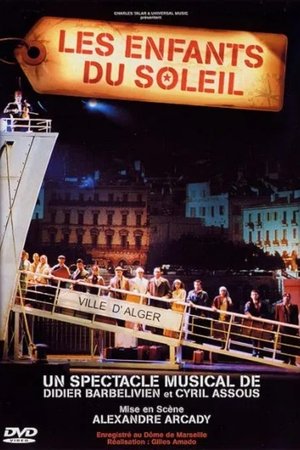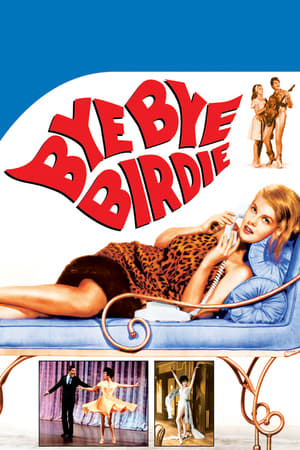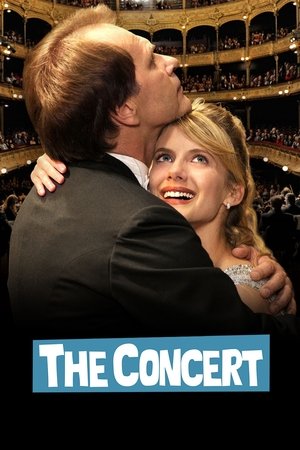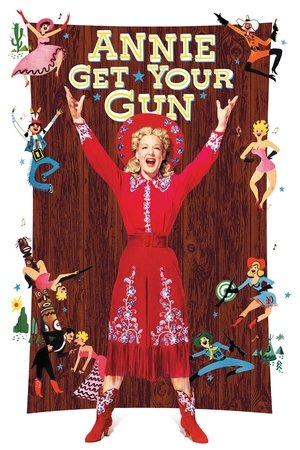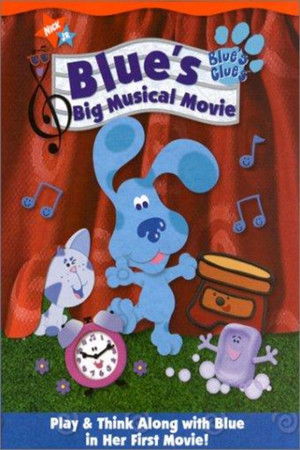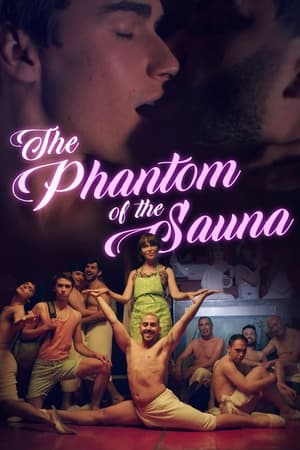Overview
An American girl falls for an RAF pilot while performing at a British music hall.
Reviews
The “Windmill” theatre in London was renowned for staying open throughout the blitz and it’s there that this wartime feel-good comedic romance is set. Here it has been renamed the “Music Box” and is the home of an entertainment that never misses a night, even as the doodlebugs rain down on the determined population. “Sam” (Ernest Cossart) is the stoic stage manager and it’s through his eyes that we take a trip down memory lane and meet the formidable “Tolly” (Florence Bates doing her best Dame May Whitty) who is casting for her latest song and dance show. Rather curiously, a dapper young gent from Manchester appears with no set routine. He just likes to improvise his dancing to whatever he hears on the radio. He demonstrates and she likes it and him, but concludes she can’t use him. Luckily for “Tommy” (Marc Platt), two of her company try to change her mind by teaching him something he can do again, and again… “Ros” (Rita Hayworth) and “Judy” (Janet Blair) are Americans doing their bit for the war effort and this is frequently a perilous undertaking. It’s in the under-stage air-raid shelter that “Ros” encounters RAF pilot “Lundy” (Lee Bowman) and who knows, perhaps a romance might blossom? Well if it will, it’s going to be a bumpy ride for just about everyone, including the smitten “Tommy”, and the war has no intentions of sitting on the sidelines whilst they work out the rituals of courtship. It’s really that last point that is most poignantly illustrated here, but along the way there are quite a few nicely performed on-stage routines that allow Hayworth to show she had quite a few strings to her bow, as do the engagingly employed Blair and Platt. Sammy Cahn and Jule Steyn present a soundtrack that has a certain familiarity to it without ever really delivering that killer number, though perhaps “Anywhere” - actually sung by Blair - stands out. It’s a lively and colourful film that shows a perseverance and spirit of optimism from those on the ground during the Second World War and it also illustrates just how crucial these shows were for the military in diverting their attention from more dangerous matters.

 92 min
92 min
 5.184
5.184
 1945
1945
 USA
USA
 CinemaSerf wrote:
CinemaSerf wrote: